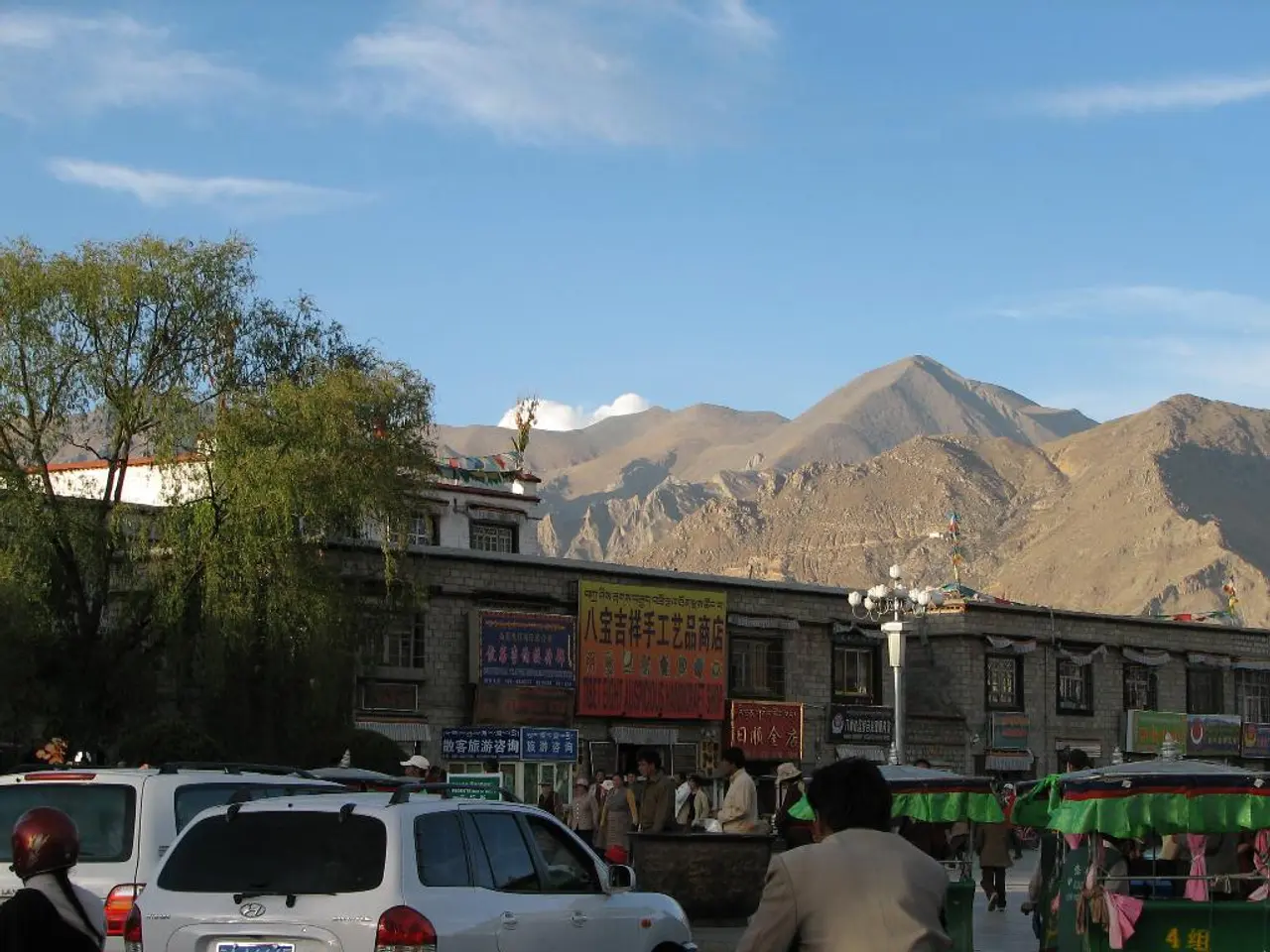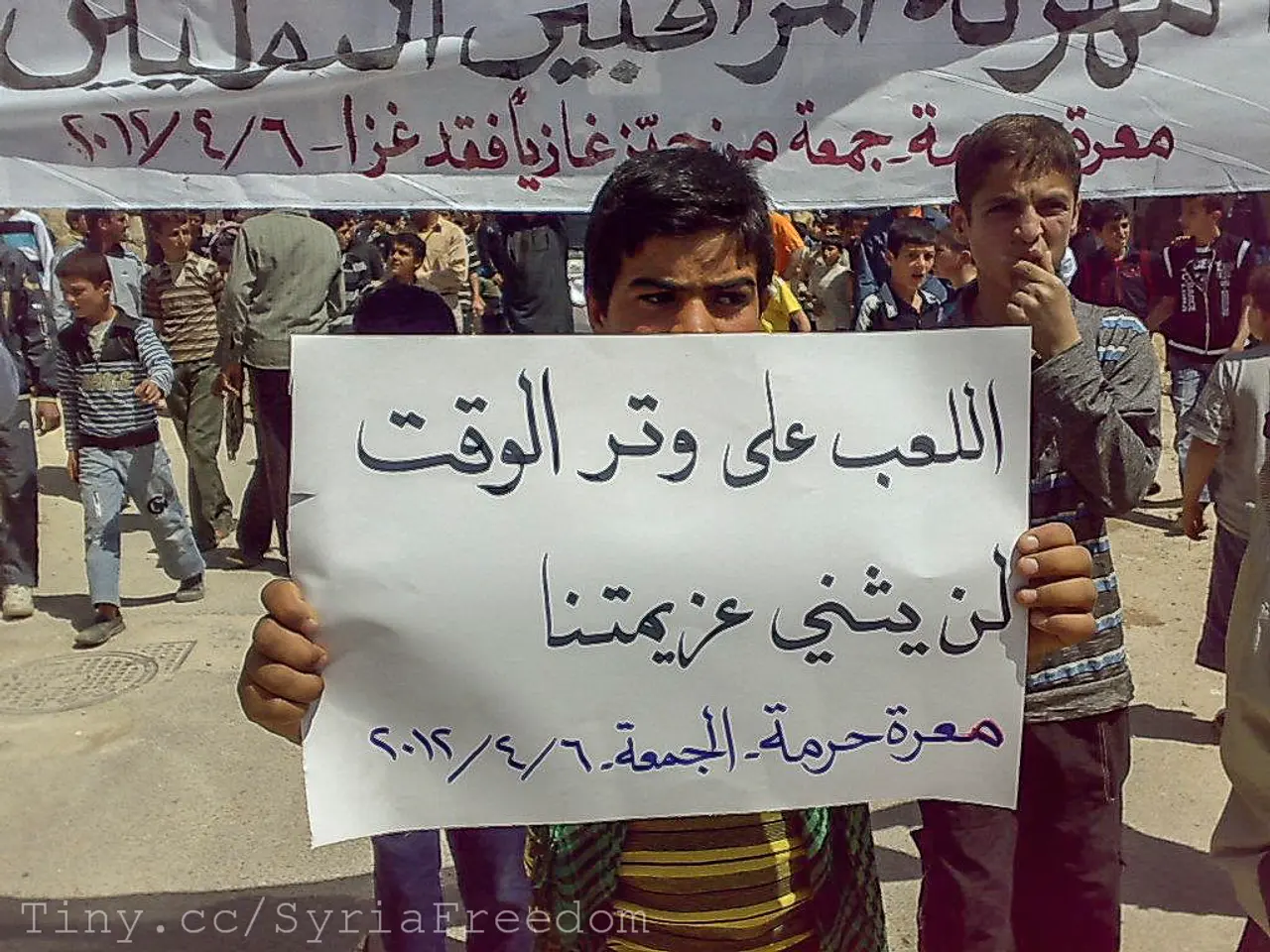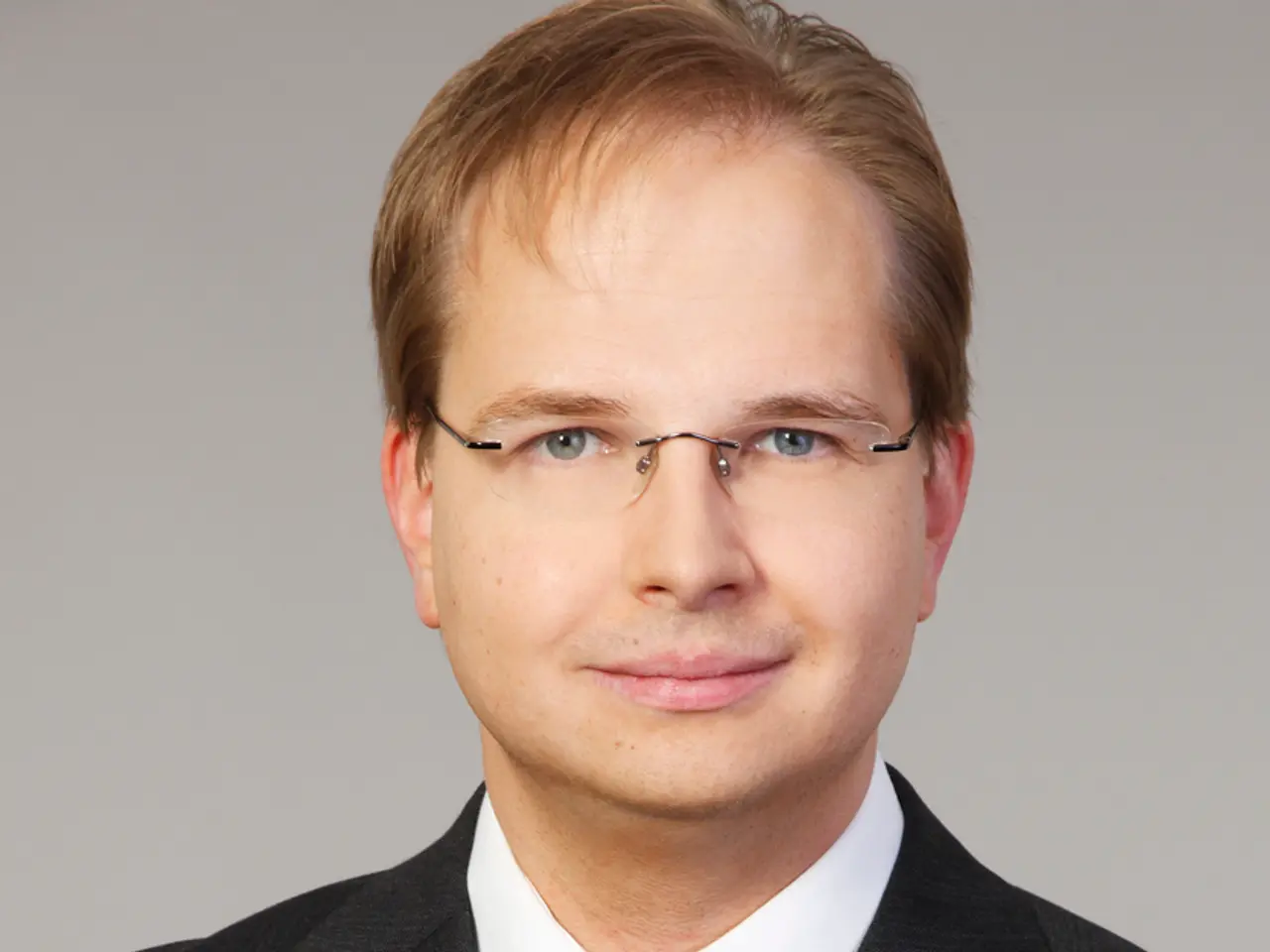Prospect for Oberhausen: A Chance for Advancement in Oberhausen
**Headline:** Thorsten Berg and Stefan Zimkeit Advocate for Targeted Use of 500-Billion Special Fund in Oberhausen and Beyond
In a joint effort to drive sustainable development and improve quality of life, Thorsten Berg, the mayoral candidate of Oberhausen SPD, and Stefan Zimkeit, SPD financial expert, have proposed a strategic allocation of a 500-billion special fund. The focus is on education, transportation infrastructure, housing, and climate protection, particularly in cities like Oberhausen.
**Education**
Both politicians emphasize the need for substantial investment in educational infrastructure. The goal is to provide equitable access and modern learning environments. Proposed initiatives include funding for school renovations and building projects, digital infrastructure support, and vocational training programs tailored to regional industry needs. The expected impact is improved educational outcomes, reduced disparities, and a workforce prepared for future economic demands.
**Transportation Infrastructure**
Improving connectivity and reducing traffic congestion is a key concern. Proposed measures include prioritizing upgrades to rail networks, modernizing and expanding road infrastructure, and implementing multimodal transport integration in urban planning. The aim is to facilitate efficient movement of people and goods, decrease pollution, and support economic growth.
**Housing**
Addressing housing shortages and improving living conditions is another priority. The proposals include funding for the development of affordable, climate-friendly housing projects, supporting renovation of existing housing stock for energy efficiency, and encouraging public-private partnerships to accelerate housing supply. The expected impact is mitigating housing crises, promoting social inclusion, and reducing environmental impact.
**Climate Protection**
Combating climate change while improving urban environments is another focus. Proposed initiatives include funding for urban green spaces, renewable energy installations, and energy-efficient public buildings. Additionally, sustainable urban mobility plans focused on reducing carbon footprints and promoting community-based climate initiatives and resilience programs are suggested. The expected impact is enhancing urban livability, reducing greenhouse gas emissions, and fostering climate resilience.
**Fund Distribution**
Both Thorsten Berg and Stefan Zimkeit demand that the distribution of funds should not benefit rich cities and districts. Instead, they propose that municipalities, regional investment companies, housing associations, and cooperatives should preferably receive the funds. Moreover, they demand that at least 80 percent of the state's investment funds should be passed on to the cities, as three quarters of public infrastructure is owned by municipalities.
Stefan Zimkeit suggests regional investment companies like the Emschergenossenschaft as potential recipients of the funds. The demands are made in relation to the 500-billion special fund, considered a significant opportunity for cities, particularly Oberhausen, if funds are distributed targeted.
However, concerns about misuse of funds have been raised by Stefan Zimkeit, fearing that the black-green state government could use the funds to plug budget holes. Thorsten Berg reiterates that the regions and cities that need the funds the most should benefit from the 500-billion special fund.
In summary, Thorsten Berg and Stefan Zimkeit advocate for a comprehensive and balanced use of the 500-billion special fund that prioritizes education, transportation infrastructure, housing, and climate protection, especially tailored for industrial and urban centers like Oberhausen. Their approach seeks to fuel sustainable development while addressing social and environmental challenges.
- Thorsten Berg and Stefan Zimkeit's proposed policy and legislation priorities for the 500-billion special fund, focused on Oberhausen and similar cities, involve targeted investments in education, transportation infrastructure, housing, and climate protection.
- In the realm of policy-and-legislation and general-news, Thorsten Berg and Stefan Zimkeit's advocacy for the strategic allocation of the 500-billion special fund includes demands for equitable distribution among cities and districts, ensuring that the funds benefit those who need it most, rather than just richer areas.








